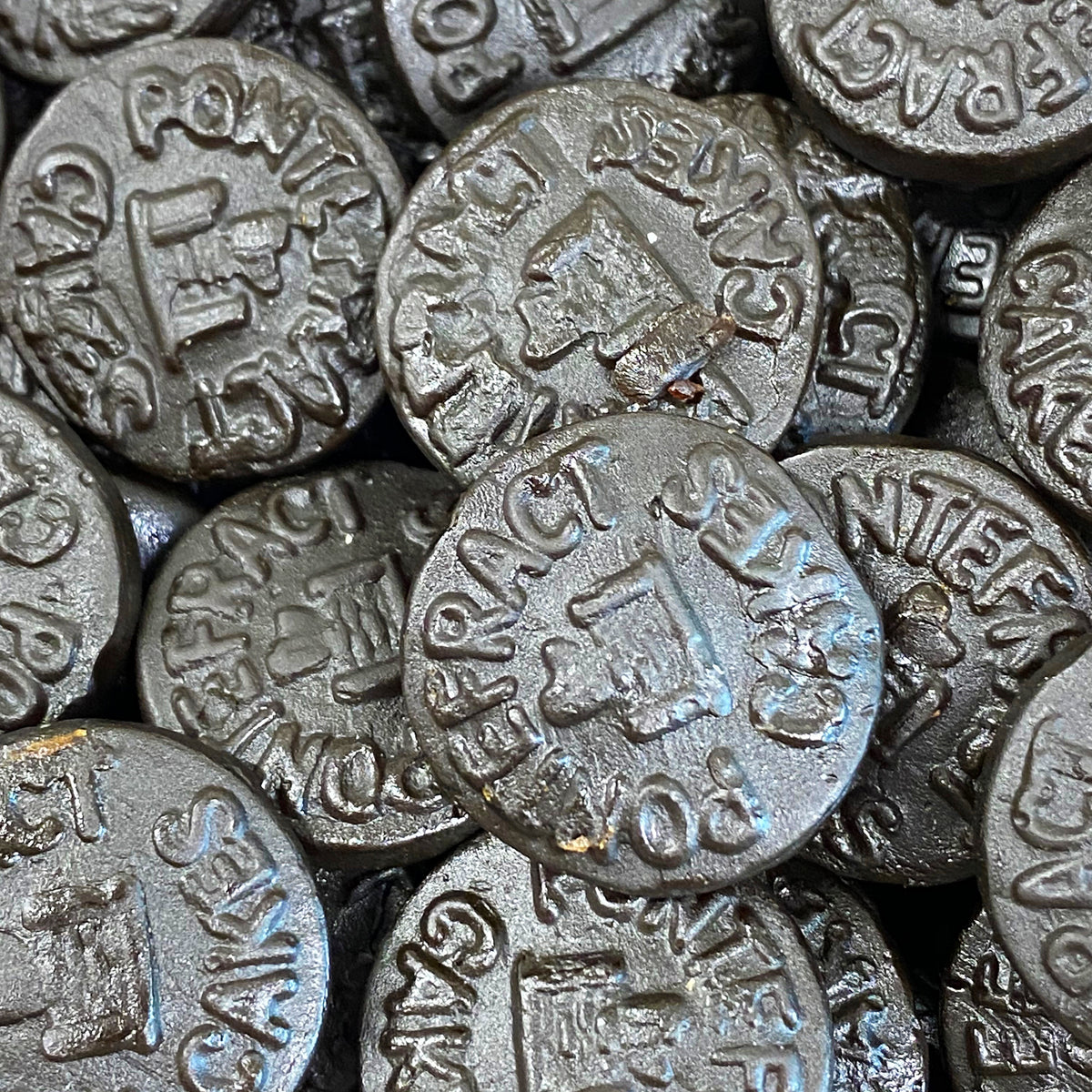Pamela Jo
Full Member
- Oct 26, 2021
Mark Twain got it. Mark Twain story about the good little boy. If you really want to change things publish a kick-ass story about a bad little boy in a wheelchair. Poop! Poop!. Or a bad boy risking the law to help a slave. I'm afraid kids making fun of kids who look different is wired in. Kids are actually incredibly conservative. Teaching them compassion will go further than changing fat to enormous. Like kids can't extrapolate from enormous to fat?



